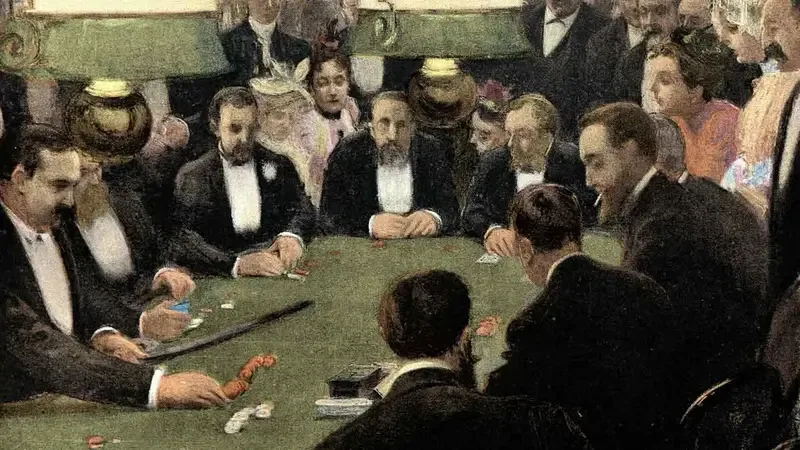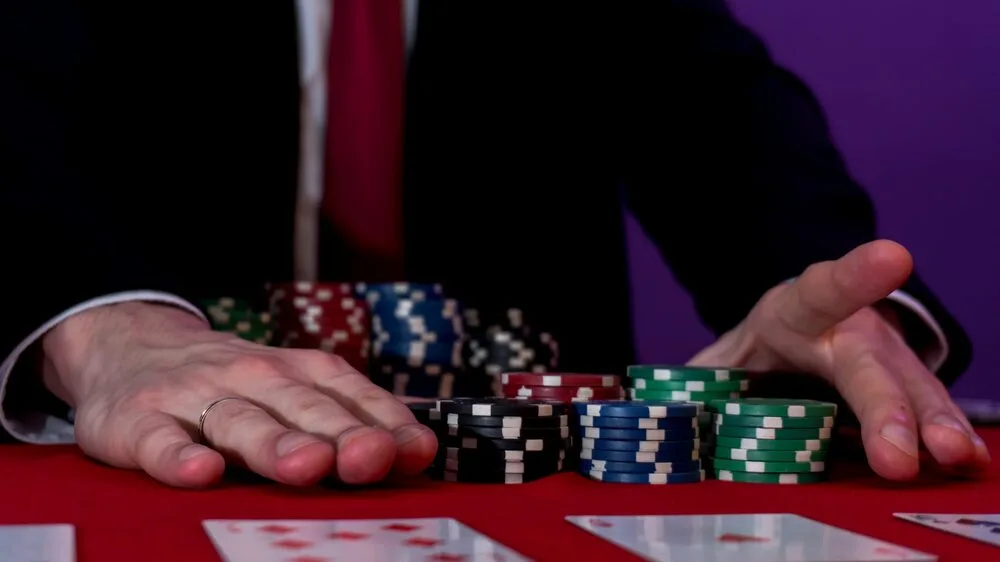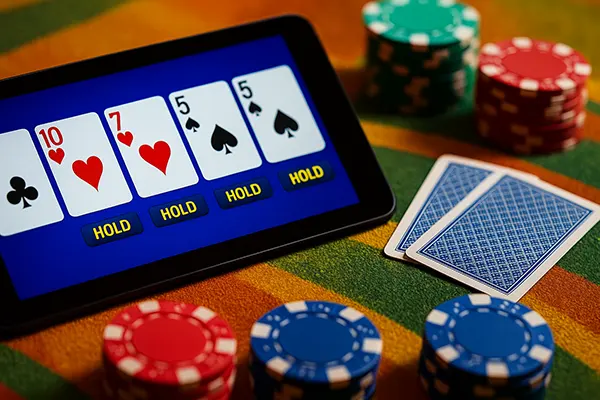
Unraveling the Storied Past of Poker: From Ancient Civilizations to Modern Mastery
Poker, a game that has become synonymous with strategic skill, psychological warfare, and a touch of luck, boasts a rich tapestry of history that mirrors the evolution of society itself. Its journey from ancient civilizations to the plush interiors of contemporary platforms like 7melons casino is a testament to its enduring appeal and complexity. This article embarks on a chronological exploration of poker’s origins, tracing its lineage through various cultures and eras to understand how it morphed into the beloved game we know today.
Early History of Poker
The quest to pinpoint the inception of poker is as complex as the game itself, with scholars debating its true origins. However, it’s widely acknowledged that poker’s roots are not in a single game but rather a confluence of several card and domino-based games from various cultures.
Chinese Trace
The earliest trace of poker leads back to 10th century China, where a domino-card game played by the emperor bore semblance to poker’s betting elements. This suggests that the fundamental aspect of wagering in poker could have ancient Chinese origins.
Egyptian Maps
Moving forward in time, evidence suggests that similar card games were played in 12th and 13th century Egypt. These games involved a form of betting and hand rankings, elements that are crucial to poker’s gameplay.
Card Game Ganjifa
In Persia, the game “Ganjifa” was popular during the 16th century. Ganjifa involved rounds of betting and is considered a precursor to poker due to its use of a series of ranked cards and betting rounds.
French Tarot
The French game of tarot, known for its intricate deck and symbolic imagery, also contributed to the development of card gaming culture. While significantly different from poker, tarot’s use of suits and trick-taking elements influenced the evolution of card games in Europe.

Card Game Primero (La Prime)
Perhaps the most direct ancestor of modern poker is the 16th century Spanish game Primero (or La Prime in France). Primero introduced the concept of bluffing and betting high on poor cards, a strategy at the heart of poker’s psychological warfare.
Card Game Pochspiel
In Germany, the game Pochspiel combined card playing with a betting round on a central pot, illustrating another layer of poker’s multifaceted lineage. The name itself, Pochspiel, hints at the etymological roots of “poker.”
Card Game Poque
The French game Poque, which emerged in the 17th century, is perhaps the closest relative to poker. Transported to the New World by French colonists, Poque was played in a region that would later become known as New Orleans. Its rules and gameplay shared remarkable similarities with today’s poker, making it a significant milestone in poker’s history.
The Birth of Poker
As Poque made its way through the American frontier, it evolved in form and nomenclature, gradually becoming “poker.” The addition of the flush and the draw were key developments during this period. By the time of the Civil War, poker had become a staple of American social gatherings. The game’s evolution continued through the 19th and 20th centuries, incorporating the standard 52-card deck and variants like Stud Poker and Texas Hold’em.
From the saloons of the Wild West to the digital tables of platforms like 7melons online casino, poker has traversed a remarkable journey. Its rich history is a mosaic of cultures, each contributing to the game’s strategic depth and allure. Today, poker stands not just as a game of chance and skill, but as a cultural artifact, embodying centuries of human interaction, strategy, and storytelling.



